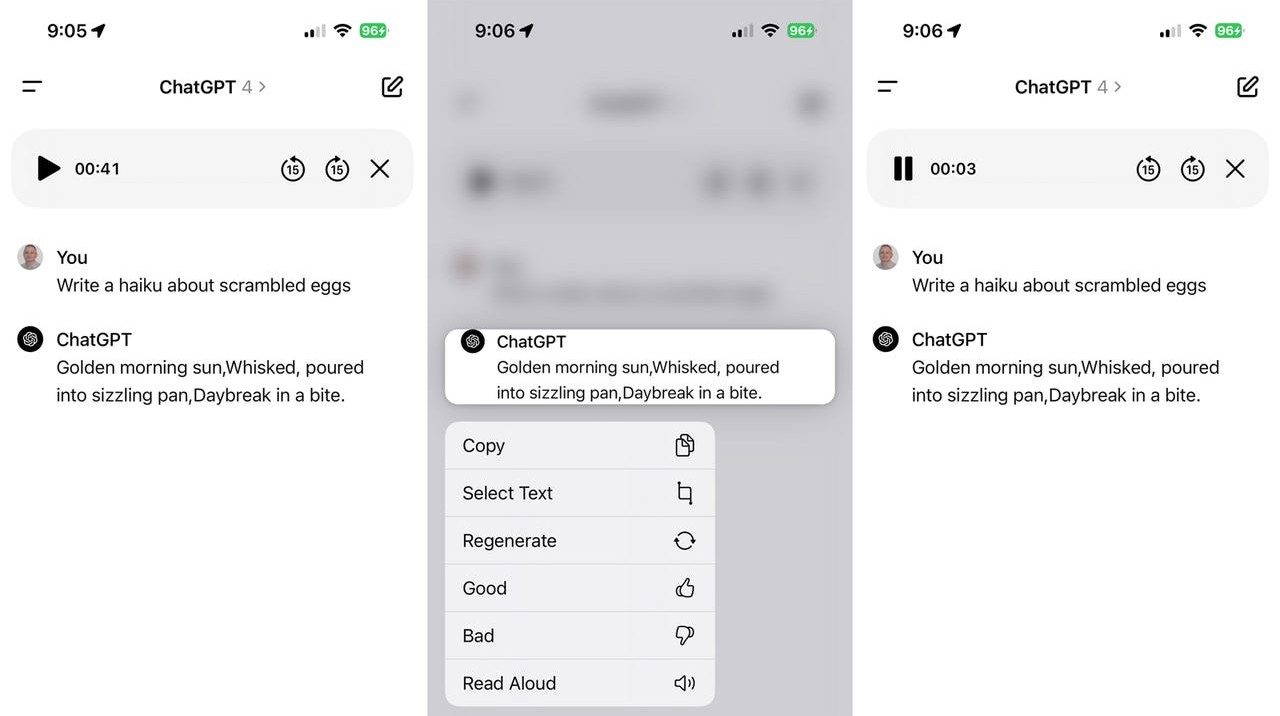Do you need to play with a supercomputer? Some engineering college students are about to get the prospect.
On Tuesday, the Georgia Institute of Know-how introduced their new AI Makerspace, an “synthetic intelligence supercomputer hub devoted solely to educating college students”.
Additionally: Tech giants hatch a plan for AI job losses: Reskill 95 million in 10 years
The Makerspace was created in collaboration with Nvidia and is powered by the tech big’s AI Enterprise software program. The press launch describes the hub as offering a “excessive efficiency computing setting not in contrast to these utilized by researchers in greater schooling and the office.”
Equally to most skilled industries, greater schooling is responding to the AI growth. Colleges together with the College of Pennsylvania and the College of Texas at Austin have rushed to create AI-specific levels, for instance.
In January, the College of Texas At San Antonio introduced the creation of a brand new faculty for AI and associated disciplines. In the identical month, OpenAI partnered with Arizona State College, so college students can experiment with ChatGPT Enterprise as a analysis and studying instrument. However Nvidia and Georgia Tech seem like going a step additional, giving college students extra direct entry to open-ended computational energy.
Additionally: The best way to keep away from the complications of AI abilities growth
Georgia Tech’s partnership with Nvidia is targeted on the undergrad engineering program. College students in a machine-learning fundamentals course are the primary to entry the Makerspace, which they’ll use to prototype their concepts at scale.
For school college students to have entry to this sort of computational energy is critical. Apart from, possibly, Satori, the computing cluster derived from IBM’s Summit (as soon as the world’s quickest supercomputer, now ranked #7 by Prime 500) and donated by the corporate to MIT in 2019, undergrads not often get to interface with such highly effective tech.
That Georgia Tech college students can create, iterate, and experiment at scale with cutting-edge computing this early of their careers might imply main AI improvements and a subsequent era of builders higher ready to form the sector. The partnership marks a direct funding by Nvidia in the way forward for AI professionals.
This primary iteration of Makerspace is powered by 20 Nvidia HGX H100 programs, working 160 of the corporate’s H100 Tensor Core graphics processing models (GPUs). The programs help superior machine studying and AI and are linked to Nvidia’s Quantum-2 InfiniBand platform for in-network computing. Accessible to college students on-line, the software program itself lives on infrastructure designed by Penguin Options.
Additionally: AI will not change your job but as a result of it is nonetheless too costly, based on MIT
In contrast to the Nvidia processors in your gaming laptop computer, these GPUs are enterprise-level tech that people cannot usually entry. The discharge places this soar extra plainly: “it might take a single NVIDIA H100 GPU one second to give you a multiplication operation that may take Georgia Tech’s 50,000 college students 22 years to realize.”
Along with the technical nuts and bolts, Georgia Tech added that “college students and school can even obtain help by means of Nvidia Deep Studying Institute sources, together with faculty-run Nvidia workshops, certifications, a college ambassador program, curriculum-aided educating kits, and a developer group community.”
The purpose of offering the Makerspace is to “democratize entry to computing sources usually prioritized for analysis to deepen Georgia Tech college students’ AI abilities and form the long run era of AI programs professionals,” the college mentioned within the launch.
Although solely initially accessible to engineering college students, the college intends for all six Georgia Tech faculties to make use of the hub. Entry will broaden this fall to the whole School of Engineering. By subsequent yr, all undergraduate and graduate engineering college students will have the ability to use the hub.
Additionally: AI may have a huge impact on jobs this yr. Here is why that may very well be excellent news
The initiative would not cease there: in 2026, Georgia Tech plans to broaden the cluster into “the AI Makerspace Omniverse, a sandbox for augmented actuality (AR) and digital actuality (VR).” Based mostly on Nvidia Omniverse, the sandbox can be accessible to all college students.
Non-engineering sectors on the college utilizing the expertise might imply thrilling interdisciplinary prospects for the way forward for Makerspace. This built-in strategy is more and more vital for rising expertise, as evidenced by organizations like Partnership on AI.
“To satisfy the wants of tomorrow’s innovation, we want a various workforce proficient in using AI throughout all ranges,” mentioned Arijit Raychowdhury, a professor within the School of Engineering, within the launch.
After all, the opposite profit for corporations like Nvidia in placing their tech in universities is getting the subsequent era of engineers acquainted with their platform — doubtless within the hope that they’re going to develop a desire that they’re going to carry into the workforce. However, it is nonetheless a win for college students. The Makerspace offers them the chance to work with the identical degree of sophistication as engineers and researchers at huge tech corporations throughout a vital time in AI growth.





